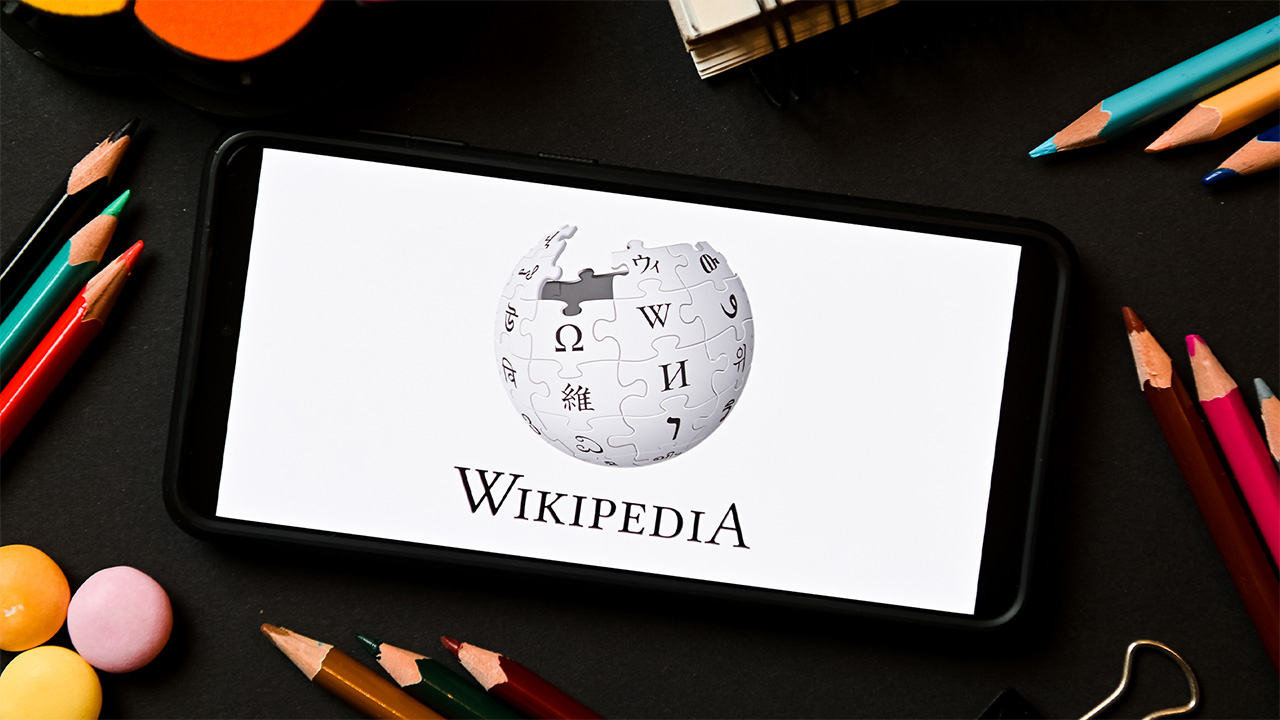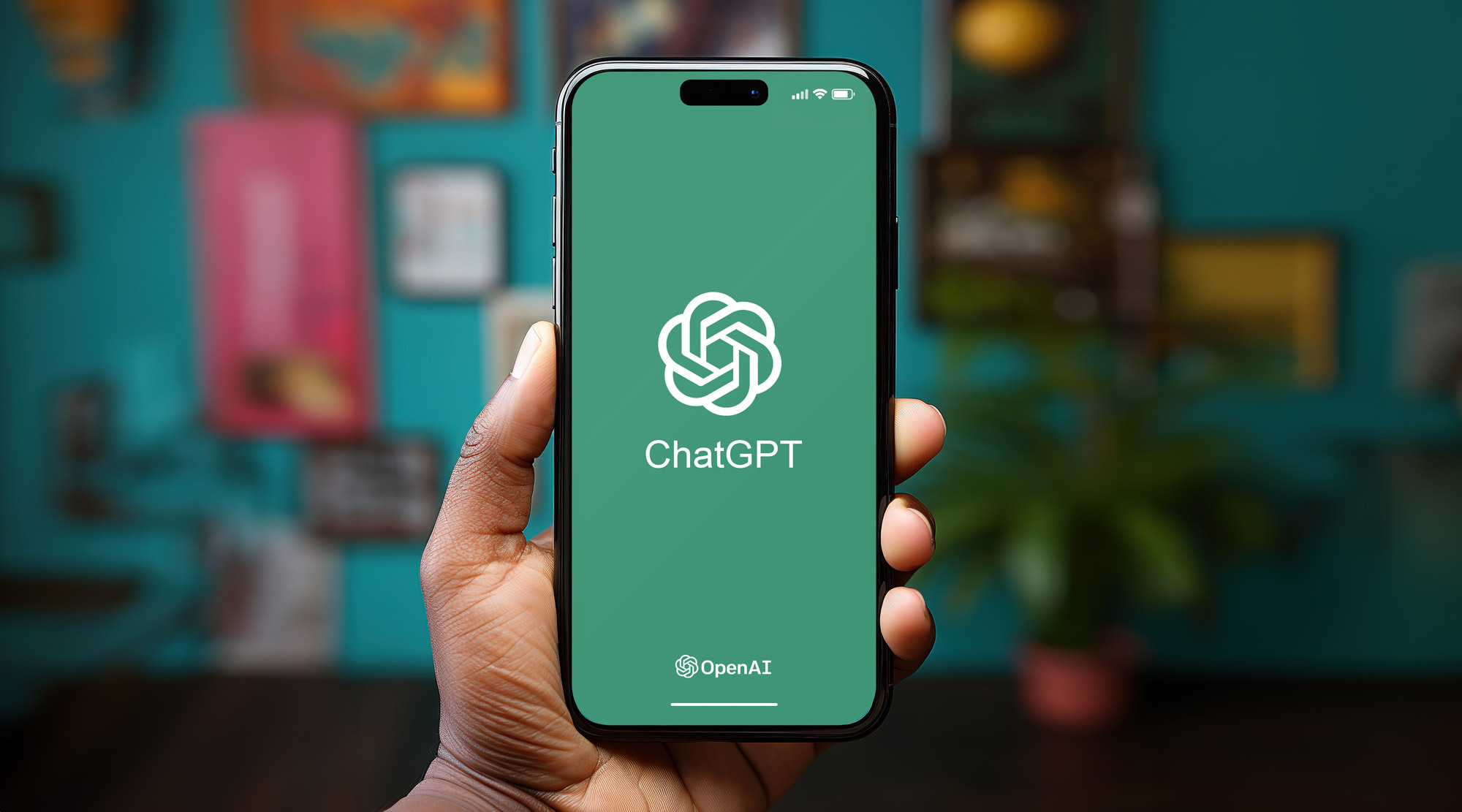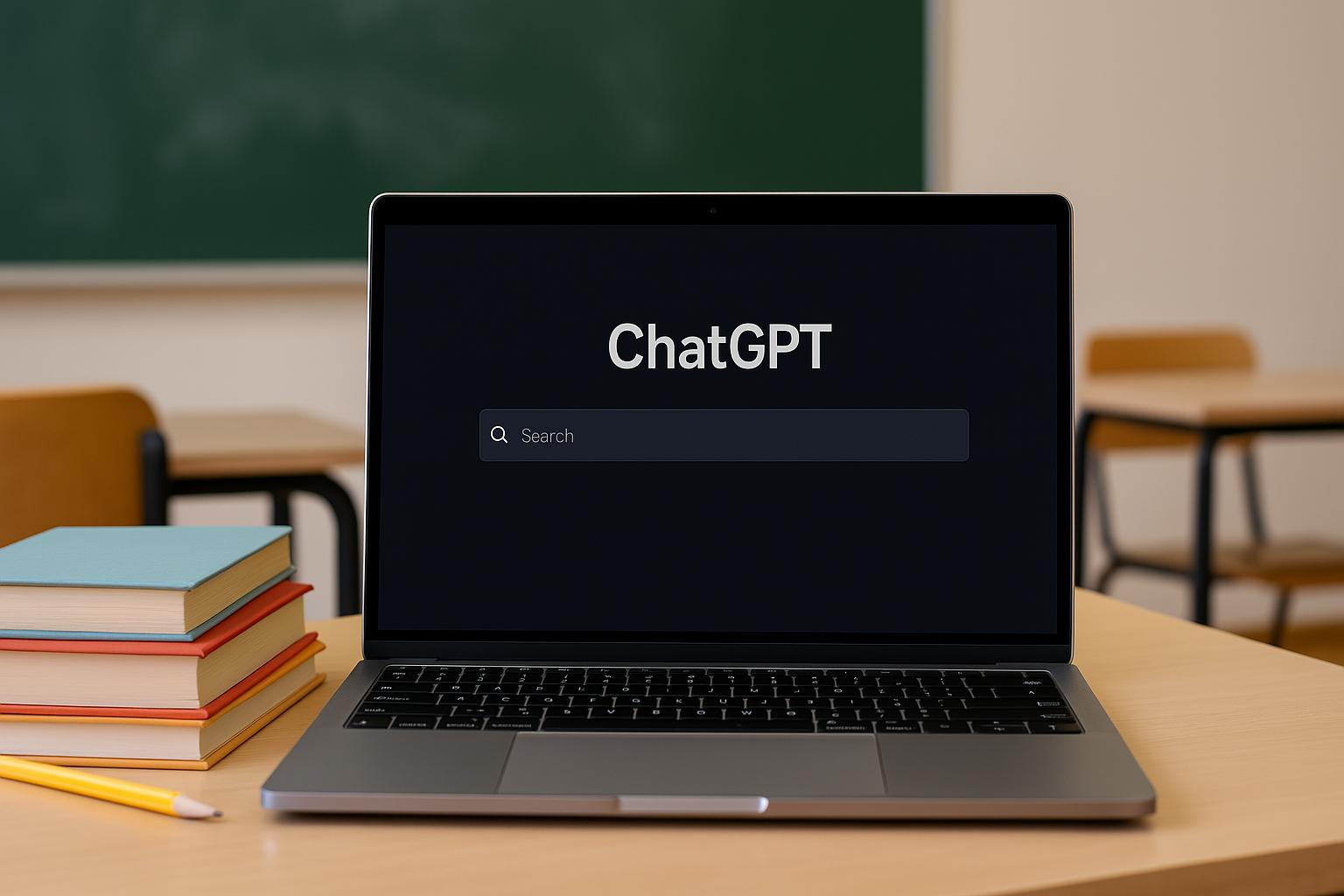ChatGPT Is Stealing Wikipedia’s Readers — What It Means For You
New study suggests Wiki readership is declining because of AI

Here at Tom’s Guide our expert editors are committed to bringing you the best news, reviews and guides to help you stay informed and ahead of the curve!
You are now subscribed
Your newsletter sign-up was successful
Want to add more newsletters?

Daily (Mon-Sun)
Tom's Guide Daily
Sign up to get the latest updates on all of your favorite content! From cutting-edge tech news and the hottest streaming buzz to unbeatable deals on the best products and in-depth reviews, we’ve got you covered.

Weekly on Thursday
Tom's AI Guide
Be AI savvy with your weekly newsletter summing up all the biggest AI news you need to know. Plus, analysis from our AI editor and tips on how to use the latest AI tools!

Weekly on Friday
Tom's iGuide
Unlock the vast world of Apple news straight to your inbox. With coverage on everything from exciting product launches to essential software updates, this is your go-to source for the latest updates on all the best Apple content.

Weekly on Monday
Tom's Streaming Guide
Our weekly newsletter is expertly crafted to immerse you in the world of streaming. Stay updated on the latest releases and our top recommendations across your favorite streaming platforms.
Join the club
Get full access to premium articles, exclusive features and a growing list of member rewards.
A new study from Columbia Business School (CBS), MIT and Dartmouth suggests that since ChatGPT’s launch, Wikipedia articles resembling ChatGPT’s conversational style have seen steady declines in readership. Edits on the site have also seen a decline.
The study uncovered a shift in how people seek information. When topics can be answered with ChatGPT's quick and friendly style, more users are opting for AI over Wikipedia.
With a simple prompt, hundreds of topics can be researched without needing to turn to Wikipedia. The team in the study used machine learning to label articles as "not ChatGPT-like" or "ChatGPT-like," and then they tracked the readership of each category over time.
Key findings

Traffic decline: Wikipedia pages with a tone consistent with ChatGPT's friendly manner saw a notable drop in traffic. The articles most closely mirroring ChatGPT were most likely less read because users were actually getting the information directly from ChatGPT.
Less editing: There's suggestive, but statistically noisy, evidence that editing activity on these “ChatGPT‑like” articles also decreased.
Selective substitution: Not all articles have been affected. It appears that users are selectively preferring ChatGPT for certain types of content, but still considering other articles more reliable due to Wikipedia's depth and structure.
Why it matters

Wikipedia has been a crowdsourced knowledge engine for almost 25 years. If engagement drops, the platform’s quality and breadth could suffer.
Get instant access to breaking news, the hottest reviews, great deals and helpful tips.
Yet, ironically, that could undermine AI models like ChatGPT, which depend on Wikipedia as one of their foundational data sources.
What this means for you

- AI for quick answers: ChatGPT is fast, conversational, and convenient — ideal for straightforward queries.
- Rich, sourced info: Wikipedia still shines where citations, context, and nuance matter.
- For AI developers and power users: A decline in Wikipedia engagement could shrink the very dataset that models rely on for factual training. Less input could mean more generated output, lacking depth or accuracy.
Bottom line
If you've noticed yourself turning to ChatGPT instead of Wikipedia lately, you're part of a growing shift backed by research. AI is changing out we search for answers online in a number of ways — from browsers to Wikipedia.
As a result, it may reshape the information ecosystem. This does not mean the end of Wikipedia (yet), but it is a reminder that context, community, and credibility are significant; that's something AI cannot replicate.
As online information shifts towards AI for answers, it will be interesting to see how users respond.
Follow Tom's Guide on Google News to get our up-to-date news, how-tos, and reviews in your feeds. Make sure to click the Follow button.
More from Tom's Guide
- 9 Vibe Coding Prompts You Need to Try — They’re Total Game Changers
- Anyone Can Become a Vibe Coder — Here’s How AI Makes It Easy
- I Built 5 Websites in Under an Hour with ChatGPT-5 — Here’s How it’s Possible

Amanda Caswell is an award-winning journalist, bestselling YA author, and one of today’s leading voices in AI and technology. A celebrated contributor to various news outlets, her sharp insights and relatable storytelling have earned her a loyal readership. Amanda’s work has been recognized with prestigious honors, including outstanding contribution to media.
Known for her ability to bring clarity to even the most complex topics, Amanda seamlessly blends innovation and creativity, inspiring readers to embrace the power of AI and emerging technologies. As a certified prompt engineer, she continues to push the boundaries of how humans and AI can work together.
Beyond her journalism career, Amanda is a long-distance runner and mom of three. She lives in New Jersey.
You must confirm your public display name before commenting
Please logout and then login again, you will then be prompted to enter your display name.
 Club Benefits
Club Benefits










